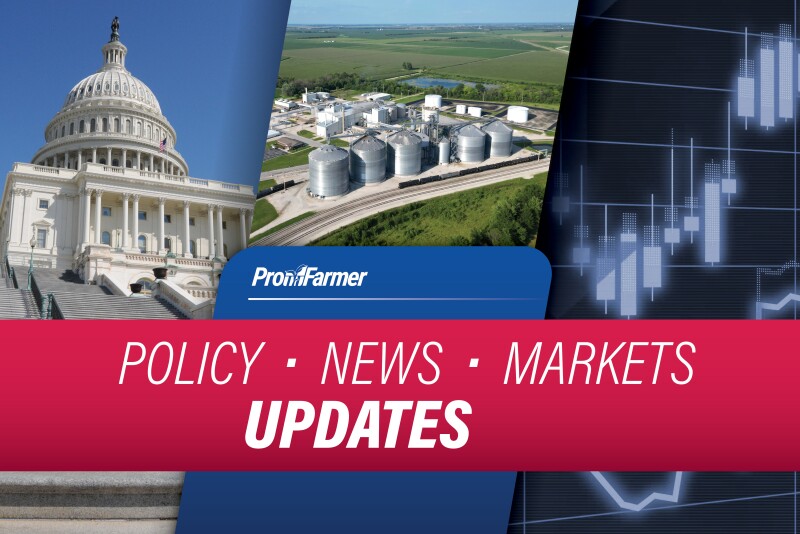China resumes U.S. soybean purchases ahead of Trump–Xi summit (Reuters): China’s state-owned grain trader COFCO has bought three cargoes of U.S. soybeans—roughly 180,000 metric tons—for delivery between December and January, marking the first major Chinese purchase from this year’s U.S. harvest. The move comes just days before a scheduled meeting between Donald Trump and Xi Jinping, signaling a possible thaw in trade relations that have kept U.S. soybean exports to China unusually low in recent months.
While the sale offers a welcome boost for U.S. exporters, analysts caution that it’s too early to call it a broader market shift. China continues to rely heavily on South American supplies, having already secured large volumes from Brazil for the late fall. Still, even modest Chinese buying has lifted optimism in farm country that Washington–Beijing trade ties could be stabilizing—potentially opening the door for more sustained export opportunities if negotiations between the two leaders progress.
Supreme Court weighs limits on Trump’s tariff authority (Agri-Pulse): The Supreme Court is preparing to hear a high-stakes case that could redefine presidential power over trade policy and carry major implications for U.S. farmers and exporters. At issue is whether former President Trump had legal authority under the International Emergency Economic Powers Act (IEEPA) to impose sweeping tariffs on imports, including those that fueled major trade disputes during his first term. Lower courts have ruled that the tariffs overstepped executive authority, but Trump’s legal team successfully petitioned for the case to be fast-tracked to the nation’s highest court.
Legal experts say the outcome could range widely—from fully upholding Trump’s authority, to striking it down, or producing a mixed ruling that leaves future administrations with a narrower but still significant trade toolkit. Analysts view a middle-ground decision as the most likely scenario, one that might preserve some tariff powers while curbing the broad emergency justification used previously.
For agriculture, the ruling will be pivotal. Tariffs have long shaped farm exports and input costs, from soybeans and pork to machinery and fertilizer. A decision limiting presidential tariff powers could bring more stability to global markets, while a ruling in Trump’s favor would open the door to renewed tariff actions with major consequences for farm prices and trade relationships worldwide.

